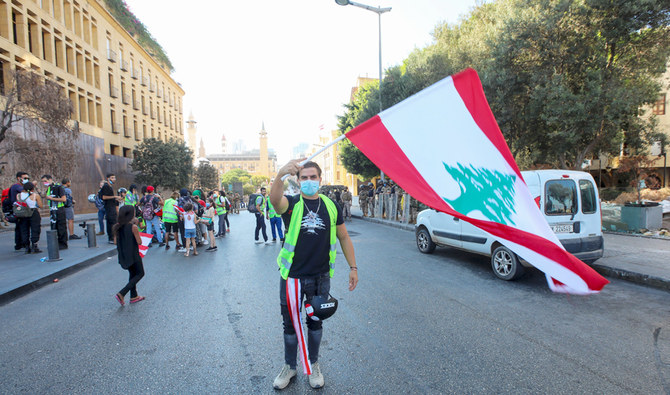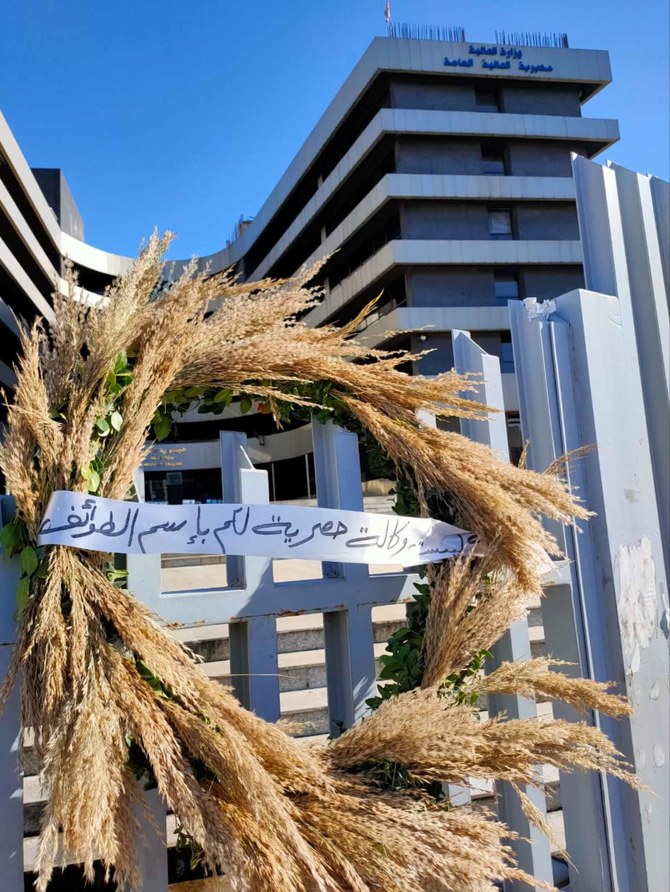
BEIRUT: A Lebanese academic has warned politicians that the country is at risk from the group Hezbollah, despite various factions coming together to try to launch a rescue initiative, as it struggles to resolve a myriad of crises currently affecting the eastern Mediterranean state. There has been no progress yet on the formation of a new government since the collapse of the previous administration in August, and consequently, no negotiations with the International Monetary Fund over a bailout. American economist Steve Hanke said in a tweet on Monday: “While Venezuela continues to hold the top spot in my world inflation table, Lebanon has finally passed Zimbabwe for 2nd place. It’s rather shocking to watch Lebanon’s politicians fiddle, while Beirut burns.” The inflation rate in Lebanon has now reached around 365 percent.
In light of this stalemate, during a press conference at the Palace of Justice in Beirut on Monday, trade unions, universities, economic organizations, labor bodies and civil society forces launched a national rescue initiative under the slogan “Recovering the State,” while joint parliamentary committees will meet on Wednesday to discuss a new electoral law. The head of the Beirut Bar Association, Melhem Khalaf, said in the press conference: “We want to restore the state by reconfiguring the authority to rebuild the country.” Khalaf added: “The initiative is easy to implement and relates to the size of people’s pain, and is open to constructive discussion in a way that reassures all concerns.” The head of the North Bar Association, Mohammed Al-Murad, explained the details of the rescue initiative. He said that the initiative “includes the necessity to form an effective, purposeful, fair and reliable government of independent specialists with specific and limited legislative powers within a specific time frame.” He added: “Government priorities should an endorsement approving the start of implementing a financial, economic and social rescue plan, achieving full justice for the explosion at the Beirut Port and the implementation of a national plan to combat the coronavirus disease pandemic and limit its spread.”








